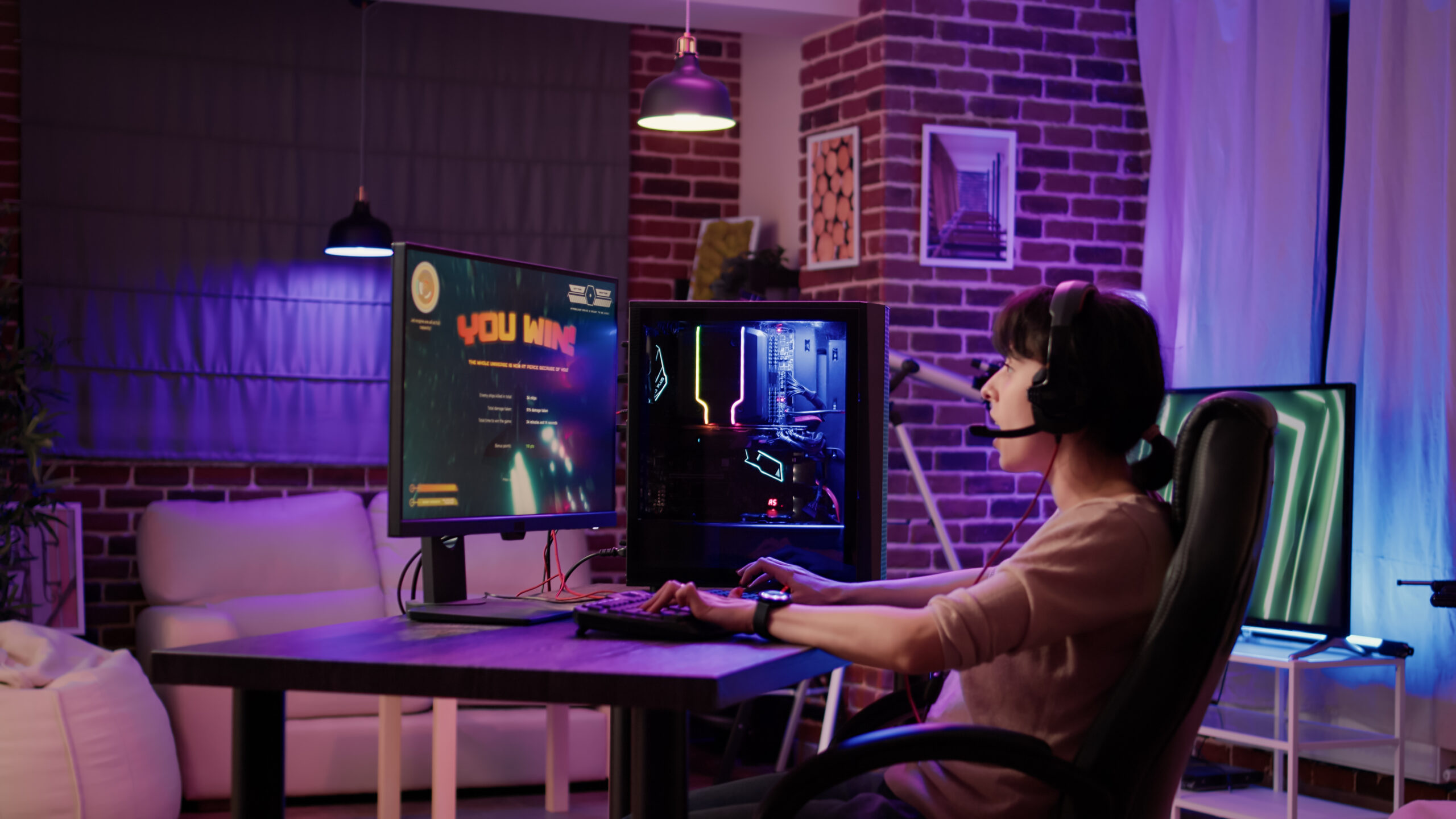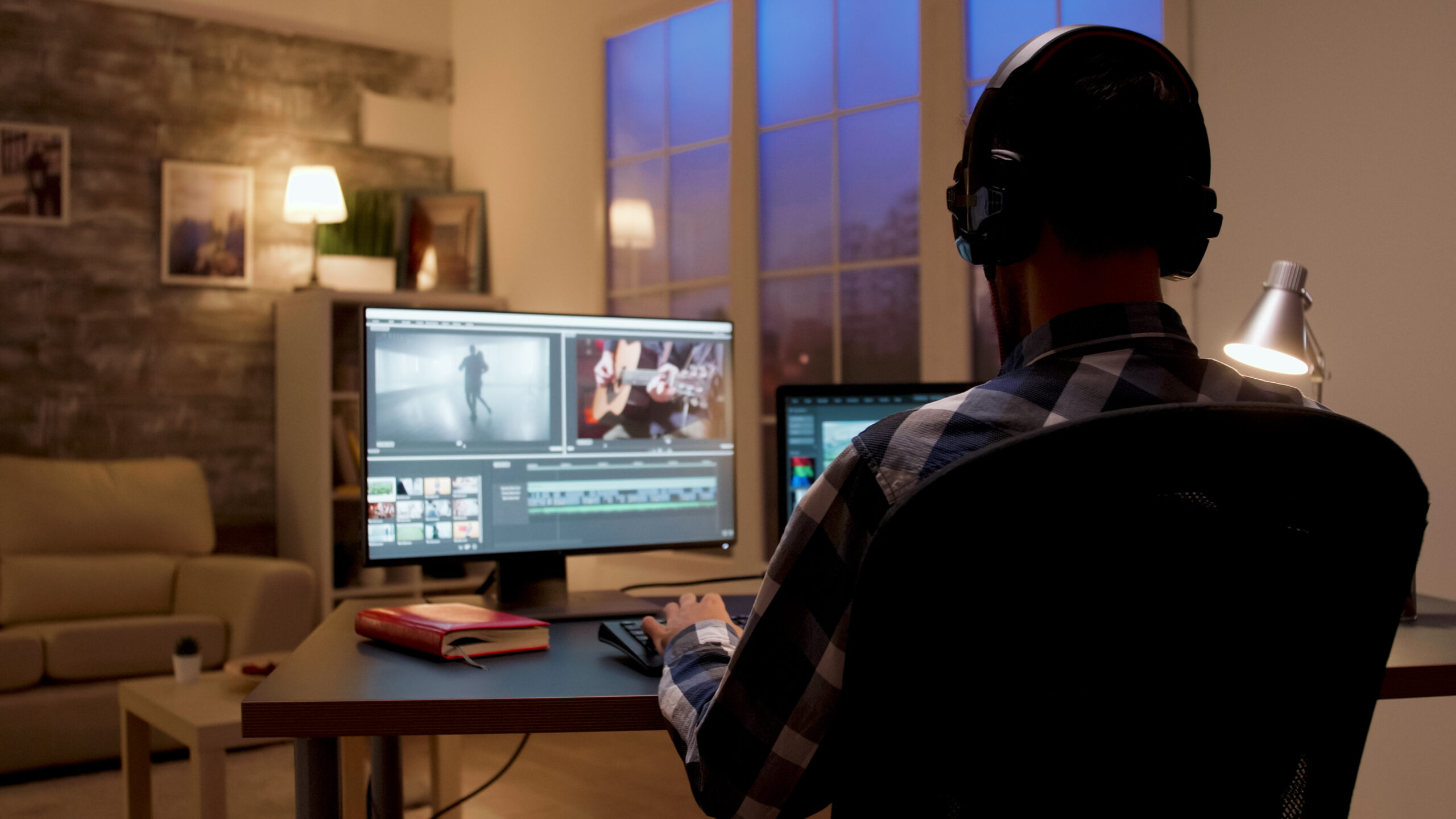Improve Your Artistic Profession with These 7 VFX Courses
Visual effects (VFX) are now a crucial component of contemporary advertising, gaming, filmmaking, and even the generation of content for social media. Gaining expertise in visual effects methods can lead to a plethora of chances in the creative sector. There is a course out there for everyone, be they an experienced expert trying to hone their talents or a novice looking to dabble in the field of visual effects. These seven VFX courses, which range in difficulty from beginner to expert, might help you progress in your artistic career.
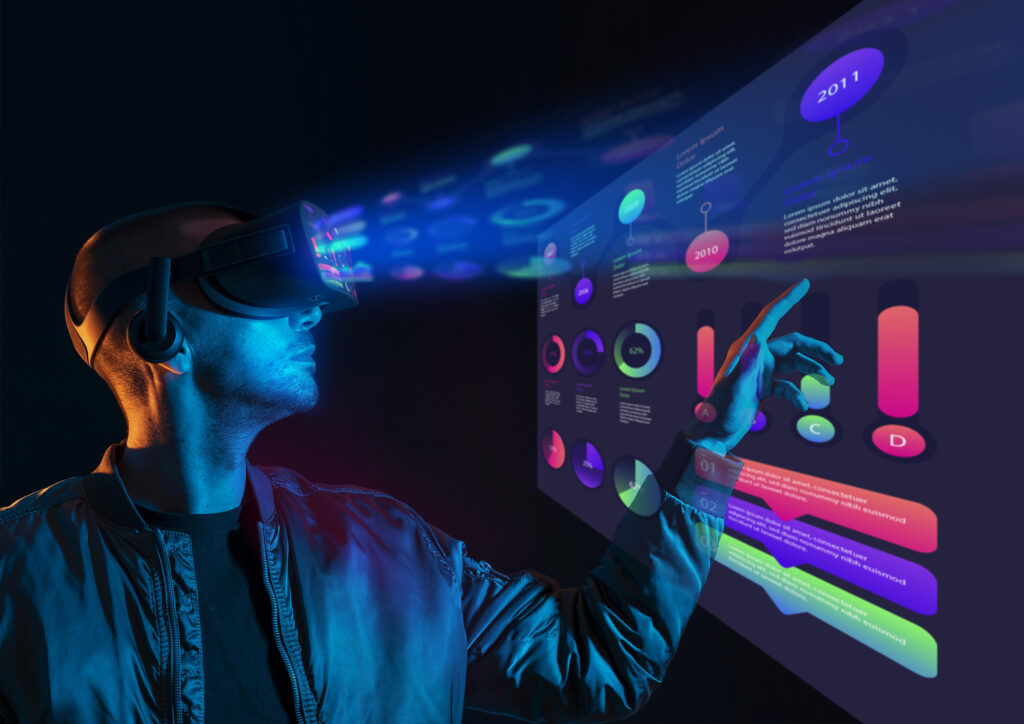
Overview of Visual Effects:
For those who have never done any visual effects work before and are interested in learning more, this course is an excellent place to start. It covers the fundamentals of motion tracking, compositing, and basic animation techniques. Industry-standard programs like Adobe After Effects and Blackmagic Fusion will be used hands-on with students. Participants will have a firm grasp of the VFX pipeline at the end of the course, preparing them to take on more challenging material.
Animation and Modeling in 3D:
A course centered on 3D modeling and animation is necessary for individuals who want to delve deeper into the field of three-dimensional visual effects. Using programs like Autodesk Maya or Blender, students will learn how to create realistic 3D models, rig figures, and animate sequences. This course gives you the tools to create imaginative digital worlds, from simple object creation to complex environment creation.
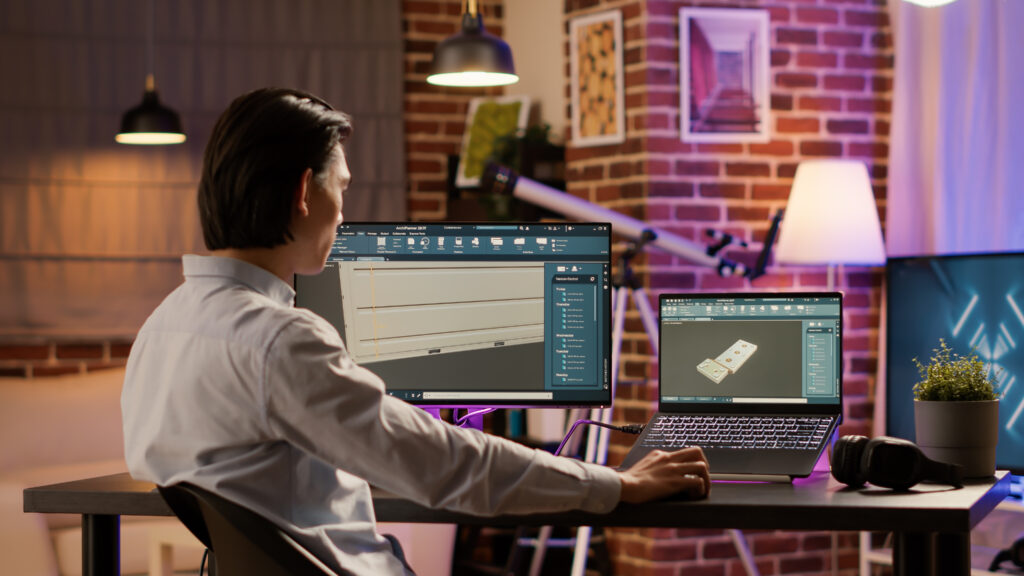
Advanced Methods of Compositing:
The technique of fusing visual components from several sources into a coherent whole is known as compositing. This advanced course explores the complexities of compositing, showing students how to overcome challenging visual difficulties and produce photorealistic results. Subjects covered can be color grading, green screen keying, and fusing computer-generated imagery with real-world video. Students can reach professional levels of quality in their VFX work by learning sophisticated compositing techniques.
Film and television visual effects:
Students take this course to learn the unique methods and procedures that are employed in the television and film industries. Through the creation of spectacular action scenes and the design of exotic creatures, participants have hands-on expertise in developing visual effects shots that satisfy industry requirements. Mirroring the real-world demands of the entertainment industry, cooperation, time management, and delivering high-quality work under tight constraints are prioritized.
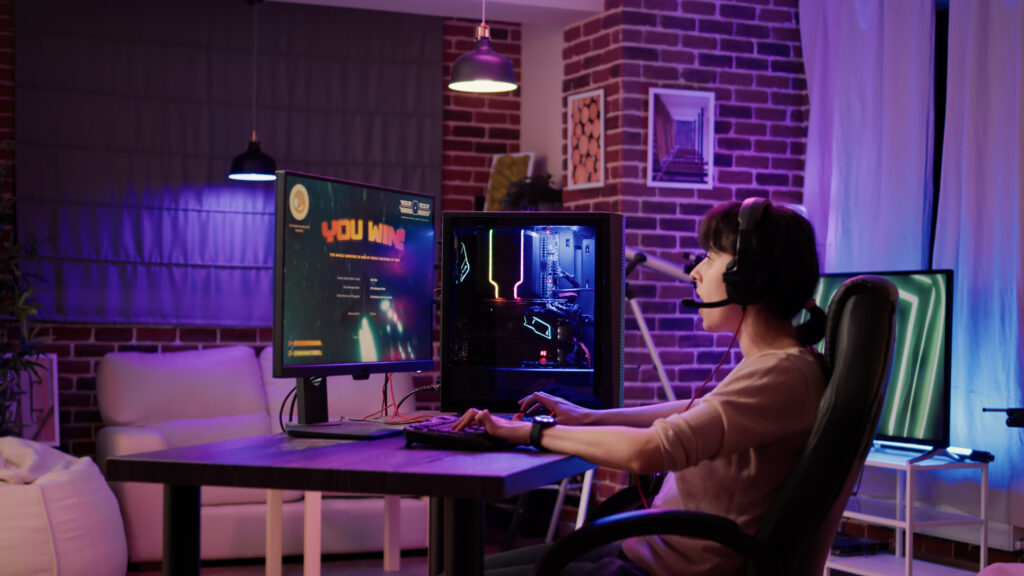
Unique Effects for Video Games:
The entertainment industry’s behemoth that is gaming is increasing need for professional VFX artists. The special opportunities and problems that come with game production are the main topics of this course. Students gain knowledge on how to apply VFX courses that improves gameplay immersion, generate dynamic particle effects, and optimize assets for real-time rendering engines. Participants graduate from this program prepared to contribute to the next wave of interactive experiences thanks to practical projects designed specifically for the gaming industry.
VFX Design for Virtual Reality (VR):
Immersion VFX experiences are becoming more and more possible as VR technology advances. In order to teach students how to develop engaging settings and interactions within virtual worlds, this course delves into the fundamentals of VR visual effects design. Participants acquire the knowledge and abilities necessary to create immersive virtual reality experiences that push the limits of interactivity and storytelling, from interactive particle systems to spatial audio design.
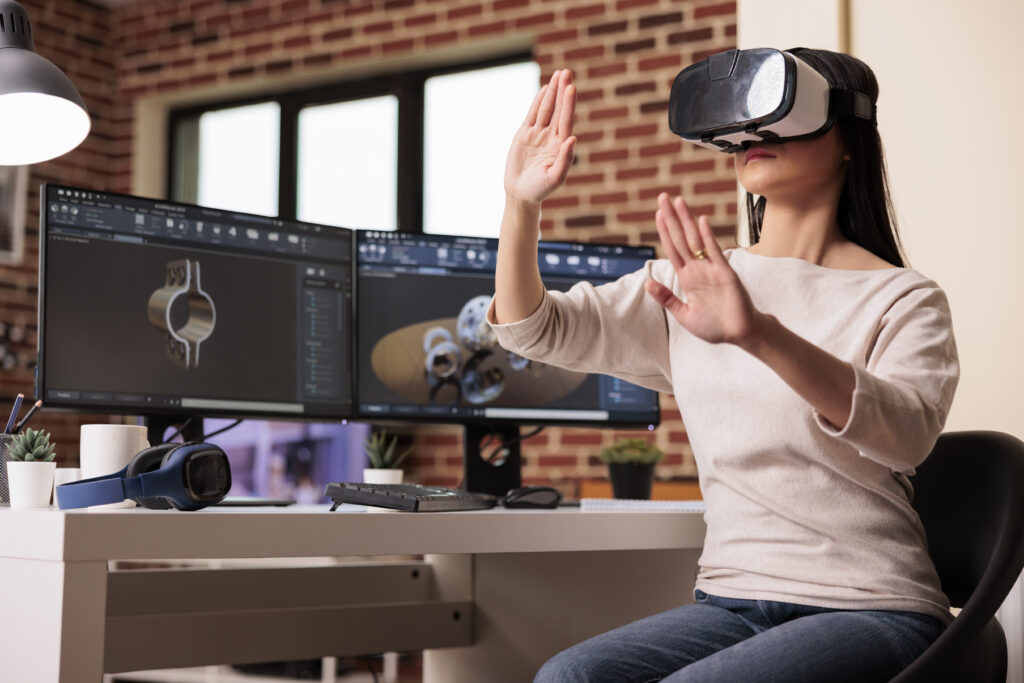
Dynamics and Simulation:
From simulating fabric and fluid dynamics to simulating explosions and devastation, simulation and dynamics are essential to producing realistic visual effects. This advanced course teaches students how to use simulation programs like Houdini to produce amazing effects while delving deeply into the physics underlying these effects. Through the mastery of simulation and dynamics, visual effects artists may enhance the realism of their work and make it come to life on screen.
VFX Courses:
For creatives hoping to progress in the dynamic field of visual effects, these 7 VFX courses provide a thorough route. There’s a course that fits your requirements and goals, regardless of your experience level or desire to specialize in a certain field. You may seize fresh chances and take your creative career to new heights in the fast-paced VFX industry by investing in ongoing education and developing your abilities through these vfx courses.

